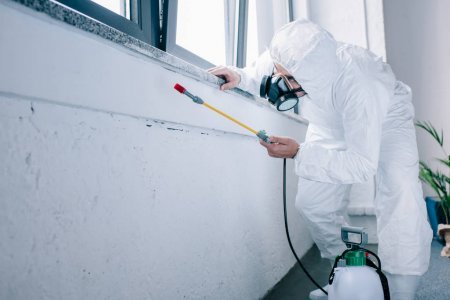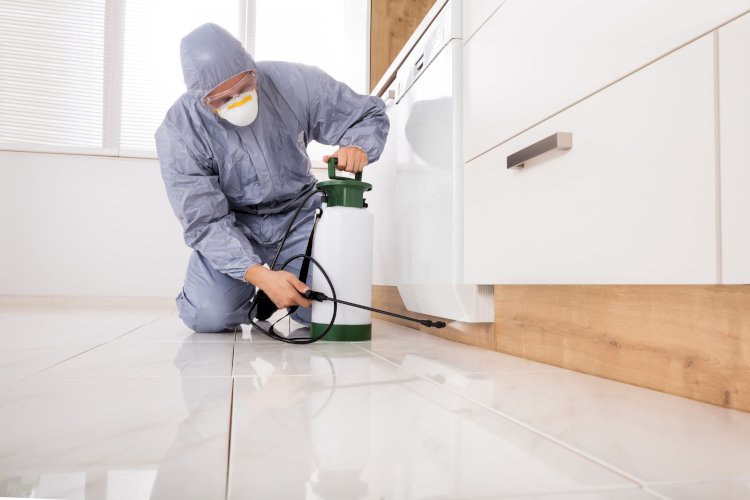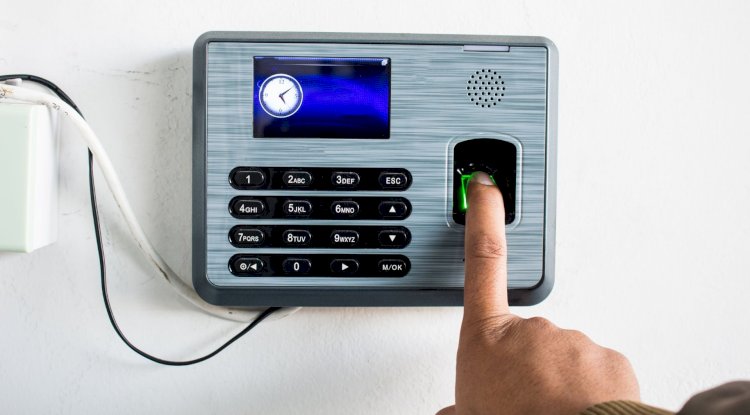How You Can Save Yourself From Pest Control?
Inspect your home for any cracks, gaps, or openings that pests could use to enter. Seal these entry points with caulk or weatherstripping to prevent pests from getting inside.

Pest control is a common thing opted for by people these days. Pest control is the best way to get rid of severe pests and various types of problems in your home. But you must know that there are some ways to save yourself from pest control. Yes, you heard it right. You can follow some pest prevention tips that we have explained below. These are good for the overall improvement of your home and pest prevention. Be active on these ideas and hopefully, you will not face pest infestation in your life.
The Various Ways in Which You Can Save Yourself From Pest Control Are As Follows:
Certainly! Here are some additional ways you can save yourself from pest control:
1. Seal Entry Points: Inspect your home for any cracks, gaps, or openings that pests could use to enter. Seal these entry points with caulk or weatherstripping to prevent pests from getting inside.
2. Proper Food Storage: Store food items in sealed containers to prevent attracting pests like ants, rodents, and cockroaches. Ensure that your pantry and kitchen areas are kept clean and free of crumbs or spills that may attract pests.
3. Dispose of Waste Properly: Regularly dispose of garbage in sealed bins and ensure they are emptied frequently. Keeping your trash properly contained will discourage pests from scavenging and nesting in the area.
4. Remove Standing Water: Pests such as mosquitoes are attracted to stagnant water, which serves as a breeding ground for them. Regularly empty or cover any containers or areas that collect water, such as buckets, flower pots, or birdbaths.
5. Keep a Clean Yard: Trim bushes and trees away from your home to eliminate potential pest highways. Remove any debris, such as fallen leaves or wood piles, that can provide shelter for pests.
6. Maintain Proper Drainage: Ensure that your gutters and downspouts are functioning properly to prevent water accumulation near your home's foundation. Poor drainage can lead to moisture problems, which can attract pests like termites.
7. Regularly Clean Your House and Surroundings: Regular cleaning of your house and its surroundings is crucial to prevent pests. Vacuum carpets, sweep and mop floors, and dust regularly to eliminate crumbs and debris that can attract pests.
8. Pest-Repelling Plants: Consider growing pest-repellent plants in your garden or near entry points of your home. Examples of such plants include lavender, mint, marigold, and rosemary. Their strong scents can deter pests naturally.
9. Remove Clutter: Pests thrive in cluttered environments as it provides them with hiding spots. Regularly declutter your home, paying attention to areas such as basements, attics, and storage spaces to minimize pest harborage areas.
10. Regular Inspections: Conduct regular inspections of your home, both indoors and outdoors, to identify any signs of pest infestation. Early detection allows for prompt action and prevents pests from establishing themselves.
11. Leave No Dark Places- There are many pests whose proper growth and development take place in the dark. Therefore, you can avoid their growth and development by providing the proper lighting in your homes.
Why There is a Need to Check that Pest Control is Safe or Not?
As the pest control method implies the use of several chemicals and methods which affects health. Therefore, in that case, you need to take care while opting the professional pest control services, as there are many pest control companies that provide you with eco-friendly pest control without any side effects.
Conclusion
By implementing these preventive measures, you can minimize the risk of pest infestations and reduce the need for extensive pest control measures. However, if you do encounter a persistent pest problem, it is advisable to seek professional assistance from a licensed pest control company to ensure effective and safe eradication.
Share
What's Your Reaction?
 Like
0
Like
0
 Dislike
0
Dislike
0
 Love
0
Love
0
 Funny
0
Funny
0
 Angry
0
Angry
0
 Sad
0
Sad
0
 Wow
0
Wow
0

















